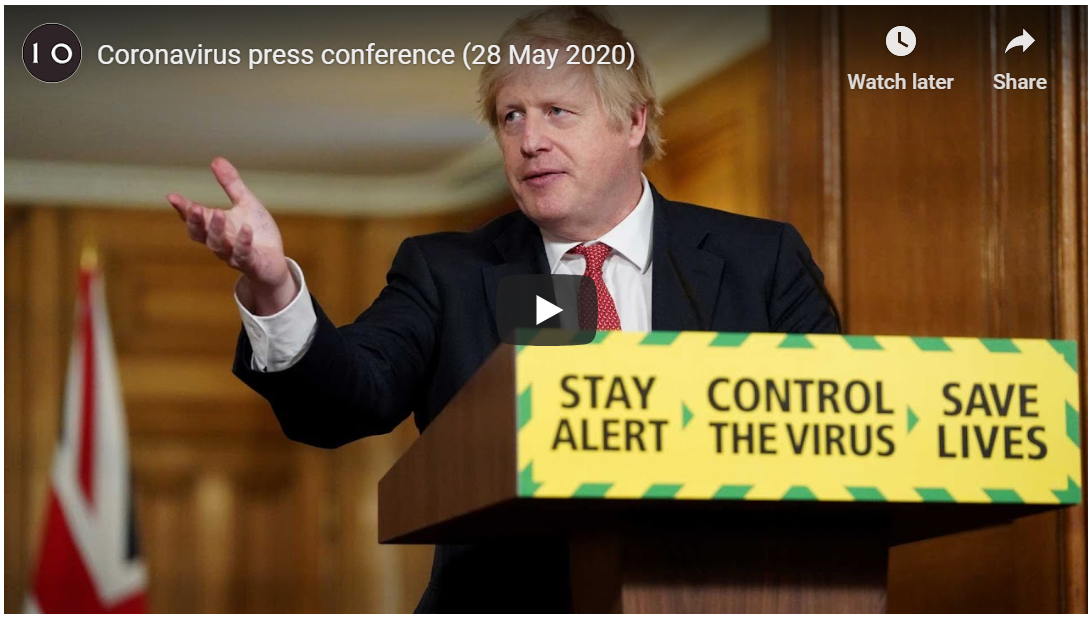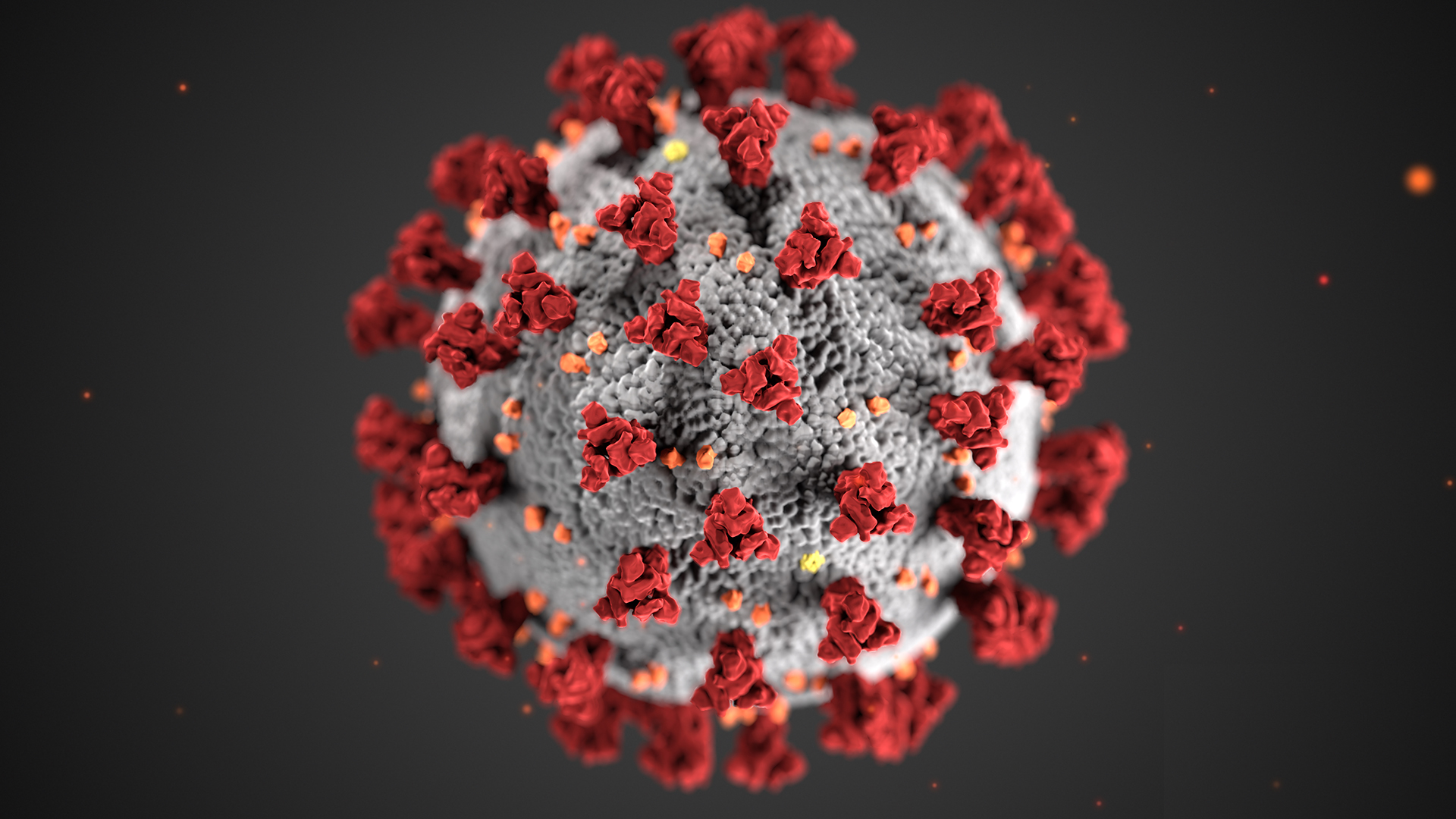Tonight’s UK election debate between the party leaders focuses on foreign policy. I expect there will be at least one question about international development. If I were in the audience, I would ask this:
We understand that all the main parties are committed to increasing aid to 0.7% of GDP, with some relatively minor differences about how that would be used. But if we are serious about development, we need to look beyond aid to address the circumstances in which developing countries are trying to establish economic growth and political stability. Our other policies – for example, on trade, climate change or immigration – make a huge difference to how quickly poor countries can develop. Will you, as Prime Minister, be willing to make changes to UK policies which are against the immediate interests of a group of UK citizens – for example, arms exporters or pharmaceutical firms – but which support our collective longer term interest in seeing a fairer, safer and more prosperous world? If so, what concessions would you make?
The development policy discussion in the UK has focused too much on aid. As I’ve argued here today, aid is important, because it helps to improve people’s lives while their countries are developing. But I don’t think aid is the most important factor in accelerating development – for that it is much more important whether we adopt fair global polices on climate change, trade, agriculture, immigration, intellectual property, conflict, corruption and international governance.
The manifestos are largely quiet on how the political parties would address these issues, and they have not yet been pushed to address it. I think this is because so many people who work in development are dependent for their income on aid, so they tend to judge parties’ policies by their willingness to increase it. A worthy and notable exception is Alison Evans at ODI, who is always smart, who picks this up in her recent blog post on development in the election:
.. a crucial question is whether there is any a wider read-across from the manifestos to the international development agenda? Development is not only about aid and there is a danger that the allure of the 0.7 debate can and will detract from a much wider set of policy concerns that impact on the prospects for growth and prosperity in developing countries. Each of the manifestos cover growth, trade, immigration, security and climate change – all areas in which the debate about international development policy and global poverty reduction is increasingly engaged – but none of them spell out in any detail what this means for the way their governments would work on these agendas or how the funding would work. Where is the coherence between policies and between policies and implementation?
This is exactly the right question to ask (it is a pity that the post is entitled: “main parties pledge 0.7% for aid but how will it be spent?”). We have been assured that the three largest parties are committed to retaining DFID as a separate government department, with its own Cabinet Minister, and with a budget that rises to meet the UK’s commitment to increase aid to 0.7% of GDP. But if they are serious about development then DFID will also need to have an important role right across the government, ensuring that the UK’s interests in development are taken into account when the government considers other policies from immigration to climate change. That does not mean that the development interests should always trump the UK’s other national interests, but they should be considered and there will often be ways to adjust the details of the policy in a way that costs us little but has a huge impact on the developing world.
If we want to help to accelerate development, then some of the time we will need to put the UK’s broad, long-term interest in building a safer, more equal and prosperous world ahead of the UK’s narrower and short-term commercial or political interests. The most important international development question for the UK election should be: which of the political parties is willing to do that?



4 Comments
Roving Bandit · April 22, 2010 at 9:04 am
The Lib Dems get it (at least my local candidate does).
http://www.rovingbandit.com/2010/04/liberal-democrats-on-international.html
Tim · April 22, 2010 at 3:20 pm
Very interesting post
If you want to see the international development content of the Conservative, Green, Labour, Liberal Democrat, Plaid Cymru and SNP manifestos visit http://www.voteglobal.org.uk/issues/parties-stand/
Jiesheng · April 23, 2010 at 8:53 am
I’m not so sure what the Lib Dems are chasing in their aid agenda or their develoopment agenda. For one, their policies are scattered and not easily accessible–the most I gather is a movement to use new powerhouses like the G-20. if they eventually gain a majority, I wouldn’t place them first in handling major DFID planning.
The Tories seem to think of security in DFID’s mission. This may or may not have been in their manifesto, but having listened to Andrew Mitchell, it is clear that DFID under them would be inching closer to the USAID/US MCC
Labour had too much of a play with DFID for 13 years and found freedom since all parties supported “development”. DFID became too much of a want-to-meet-every-goal thing. I don’t forsee any immediate change in any of their approaches. Whne 2015 comes and goes, they’ll say we did so much.
If only someone would ask this tonight | Economics and development | Global Dashboard · April 22, 2010 at 5:10 pm
[…] Owen Barder has a great suggestion for a question that someone ought to ask in tonight’s leaders debate: We understand that all the main parties are committed to increasing aid to 0.7% of GDP, with some relatively minor differences about how that would be used. But if we are serious about development, we need to look beyond aid to address the circumstances in which developing countries are trying to establish economic growth and political stability. Our other policies – for example, on trade, climate change or immigration – make a huge difference to how quickly poor countries can develop. Will you, as Prime Minister, be willing to make changes to UK policies which are against the immediate interests of a group of UK citizens – for example, arms exporters or pharmaceutical firms – but which support our collective longer term interest in seeing a fairer, safer and more prosperous world? If so, what concessions would you make? […]
Comments are closed.